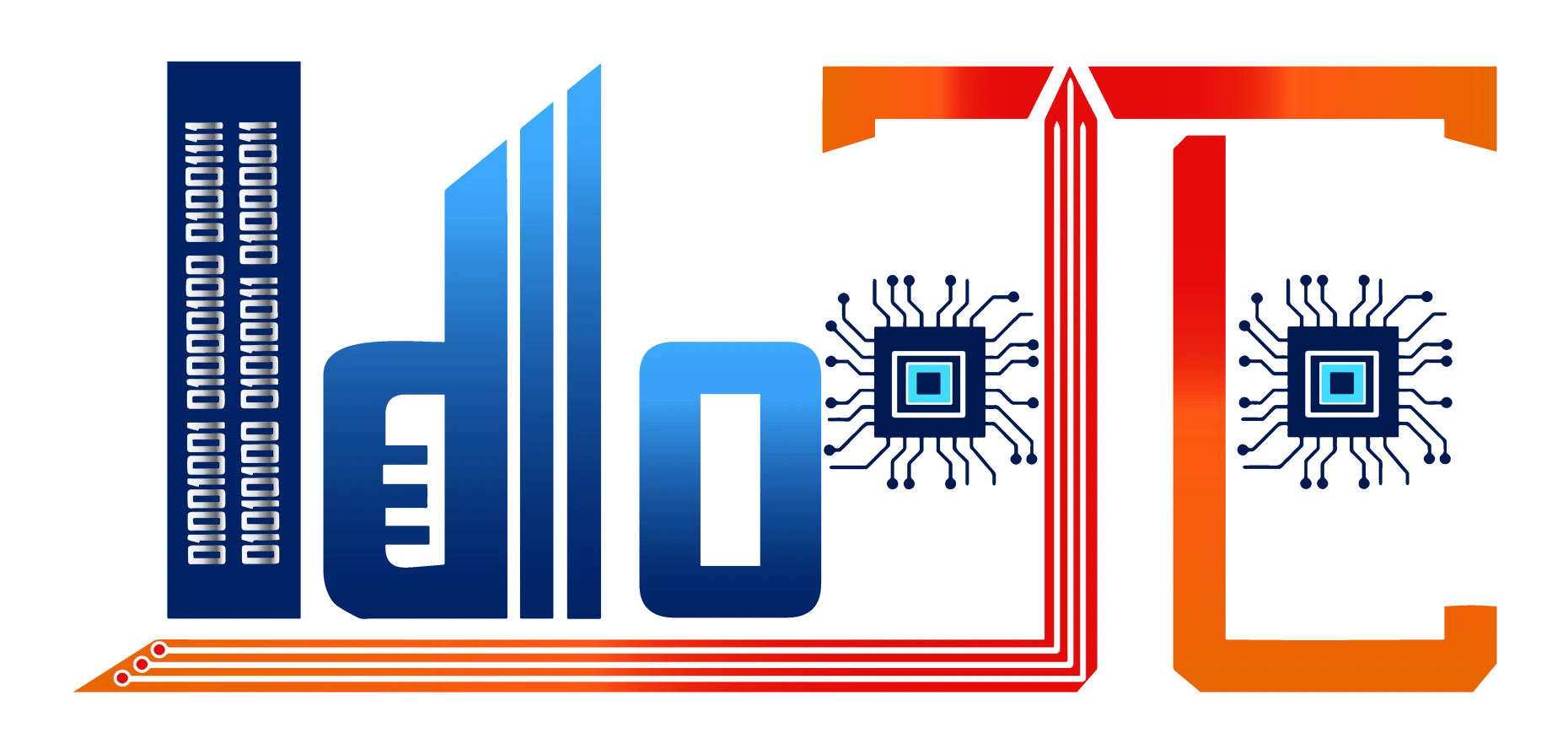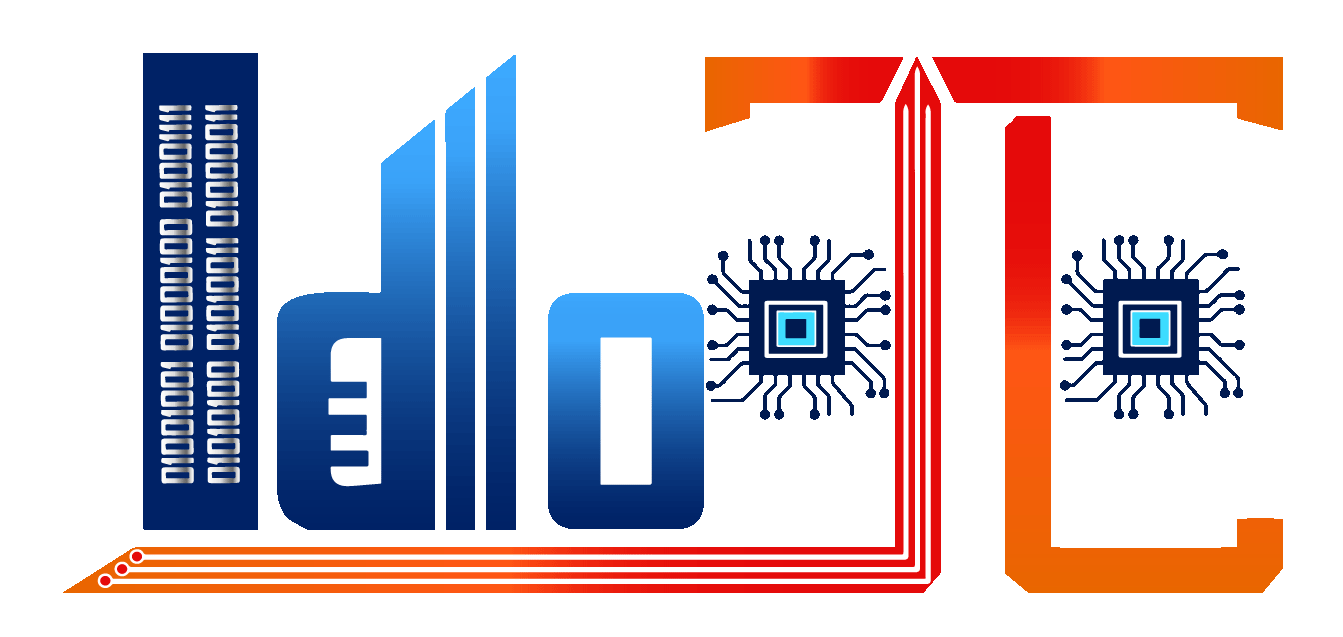Vietnam’s Fintech Boom: Great Opportunities, Rising Cybersecurity Challenges in the Quantum Era

Vietnam enjoys strong fundamentals (young population, high smartphone penetration, rapid e-wallet adoption) to become a fintech powerhouse in Southeast Asia. Yet cybersecurity — and, in the long run, quantum resistance — will be decisive in sustaining user trust and enabling global expansion. Early adoption of PQC, combined with a supportive legal framework, can turn security into a competitive edge.
Quick overview: Vietnam’s fintech market is expanding rapidly (over 34 million active e-wallets as of June 30, 2024), driving growth in e-wallets, digital banking, P2P lending, and digital asset platforms. Yet, alongside this digital shift, cybersecurity has emerged as a strategic bottleneck — especially as the global community warns of risks posed by quantum computing, which could compromise today’s encryption standards.
Market Snapshot
- According to the Payment Department of the State Bank of Vietnam, as of June 30, 2024, there were more than 34 million active e-wallets, accounting for ~59% of the 58 million wallets registered. The country currently has around 50 licensed payment intermediaries, 48 of which provide e-wallet services.
- Independent reports also highlight Vietnam’s strong fintech momentum, particularly in mobile payments, QR transactions, and digital banking — all of which are helping accelerate the move away from cash.
Quantum Threats, Why They Matter Now
- Today’s financial systems rely primarily on public-key cryptography such as RSA and ECC. Once sufficiently powerful quantum computers become available, these algorithms could be broken, exposing private keys and transaction data — risking not just privacy but the integrity of entire payment networks.
- The U.S. National Institute of Standards and Technology (NIST) has already begun standardizing post-quantum cryptography (PQC) algorithms. Global players, including the EU, Japan, and several Asian economies, are also preparing transition roadmaps, signaling a worldwide push toward “quantum-resistant” security.
Expert Opinions from Abroad
- The Quantum Safe Financial Forum (reported by Reuters) has urged the financial sector to prepare immediately: review existing cryptographic schemes, build migration roadmaps, and address the “harvest-now, decrypt-later” threat — where attackers steal encrypted data today to decrypt in the future. Central banks and major financial institutions are already participating in this initiative.
- The UK’s National Cyber Security Centre (NCSC) recommends a phased migration approach — prioritizing the most sensitive systems and aiming for full quantum resistance by the mid-2030s. This underlines the importance of planning ahead while ensuring technical feasibility.
- Global cybersecurity experts caution that while quantum machines capable of instantly breaking RSA/ECC are not yet here (even Google admits the required number of qubits is still far off), the “harvest-now” risk makes early preparation prudent. Migration doesn’t have to be immediate for all services, but organizations must start asset classification and PQC trials now.
Early Responses in Vietnam
- Some local firms are taking first steps. For instance, Nami Exchange recently announced a partnership with Cipher Core (Japan) to deploy “Complete Cipher,” a suite of quantum-resistant solutions including instant encryption devices, secure communications, and AI-driven dynamic identity systems.
- Analysts note that such moves reflect a growing awareness among Vietnamese fintech companies of the need to safeguard digital infrastructure in the quantum era.
Vietnam’s Cybersecurity Landscape
- Vietnam has reported a rising number of cyberattacks in recent years, with tens of thousands of incidents annually targeting critical systems. Financial and banking services are among the most frequently attacked sectors.
- Fintechs face even greater risks due to their fast growth, relatively young infrastructure, and reliance on digital assets and mobile channels.
Expert Assessment (Summary)
- Technical risk: The theoretical vulnerability of RSA/ECC to quantum algorithms is widely recognized; estimates of when this becomes practical range from 10 to 30 years.
- Risk management strategy: Experts recommend fintech firms 1) conduct quantum readiness audits, 2) prioritize PQC migration for mission-critical systems, and 3) adopt interim safeguards such as strong symmetric encryption, robust key management, and careful data segmentation.
- Implementation priority: Focus should start with interbank payment channels, digital asset exchanges, and cross-border APIs. Hybrid cryptography (combining classical + PQC) is emerging as a practical transition step.

